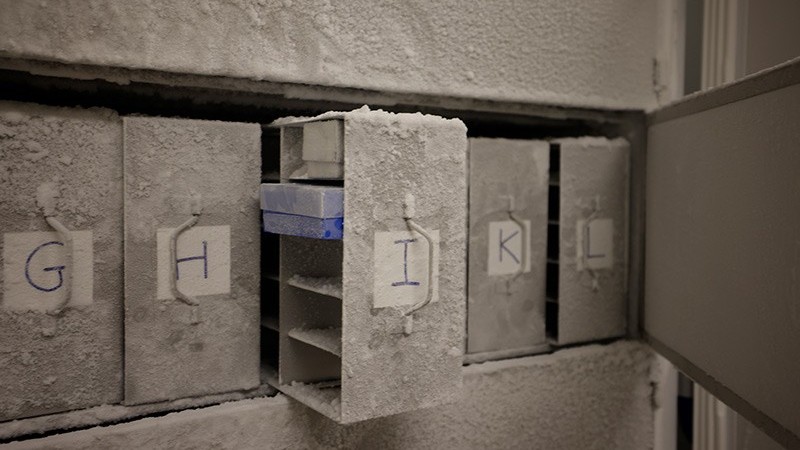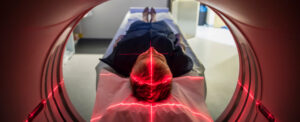
ZURICH, Switzerland – In a groundbreaking initiative, scientists in Switzerland are deep-freezing human fecal samples in a “doomsday” vault, aiming to collect 10,000 samples by 2029. This effort is part of a larger plan to preserve microbial diversity for future generations.
Immediate Impact
The University of Zurich currently houses over 1,000 fecal samples in its freezers, with plans to relocate the Microbiota Vault to a permanent location. The project aims to safeguard billions of microbes essential for solving potential future health crises.
Key Details Emerge
Published in the journal Nature Communications, the researchers emphasize the importance of preserving microbes found in human feces, fermented foods, and environmental samples. These microbes could play a crucial role in maintaining human health and ecological balance.
“Microbe loss is associated with an alarming rise in chronic diseases, such as allergic, autoimmune, and metabolic disorders,” the researchers noted in their commentary.
By the Numbers
The Swiss facility also stores nearly 200 types of fermented foods, known for their “gut-friendly” microbes. The goal is to create a comprehensive backup of microbial life across humans, animals, plants, and the environment.
Expert Analysis
Dr. Martin Blaser, director of the Center for Advanced Biotechnology and Medicine at Rutgers University and co-author of the commentary, highlighted the impact of human activities on microbiomes. He stated, “Human activities are depleting our microbiome, and there’s lots of evidence of that.”
Currently, there is no proof that reintroducing frozen microbes can restore ecosystems, but Blaser remains optimistic about future scientific advancements.
Background Context
The Microbiota Vault, inspired by the Svalbard Global Seed Vault in Norway, began in 2018. Initially, it tested the feasibility of collecting samples globally. To date, 1,204 fecal samples and 190 food samples have been collected from countries including Benin, Brazil, and Thailand.
What Comes Next
As the project enters its “growth” phase, researchers seek to expand their collection to include microbes from threatened ecosystems. A permanent location for the vault is being considered, with cold climate countries like Switzerland or Canada as potential hosts.
“Maybe 100 years from now, having saved these microbes could prevent a major disaster,” Blaser remarked, emphasizing the long-term significance of the initiative.
The move to preserve microbial diversity underscores a commitment to future generations, as the team concluded, “It is our obligation to future generations to preserve this microbial diversity.”







